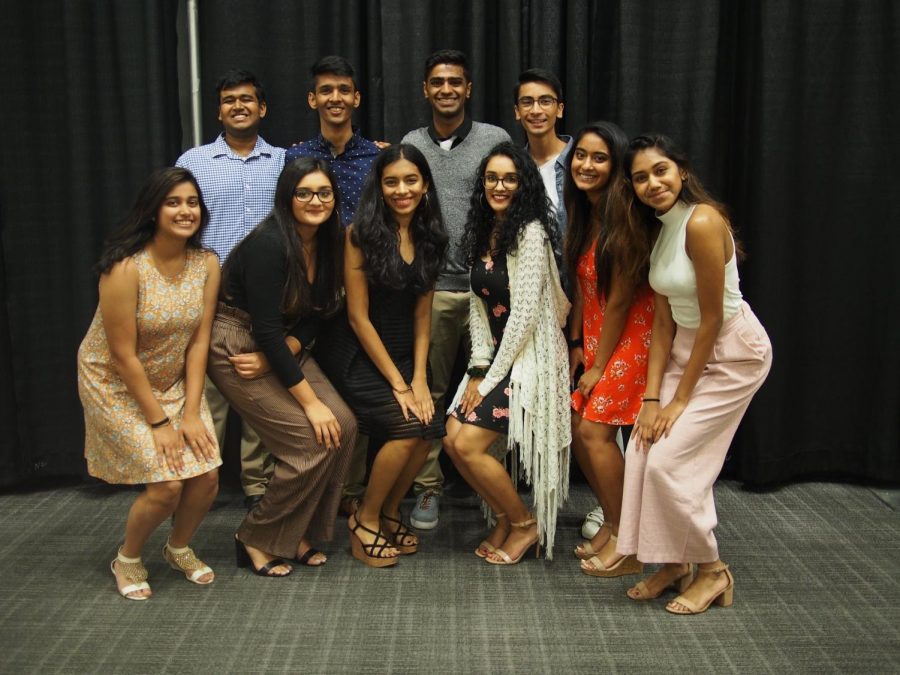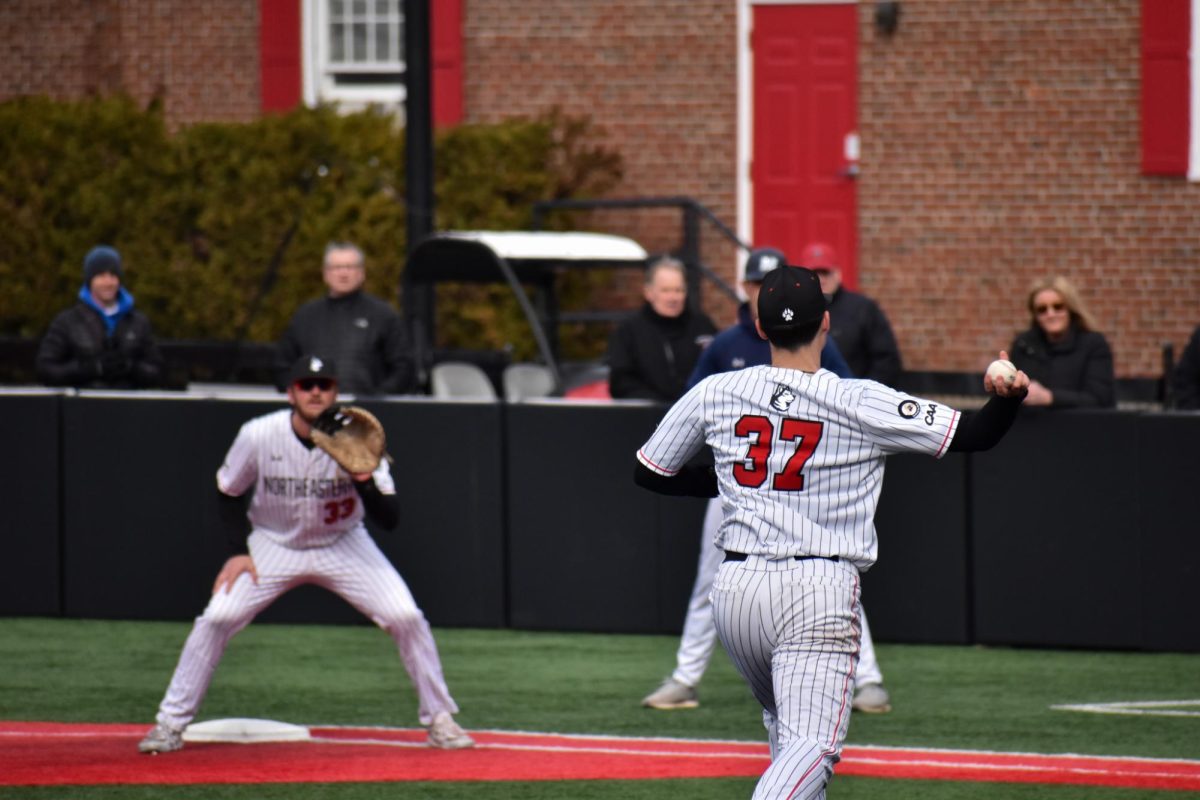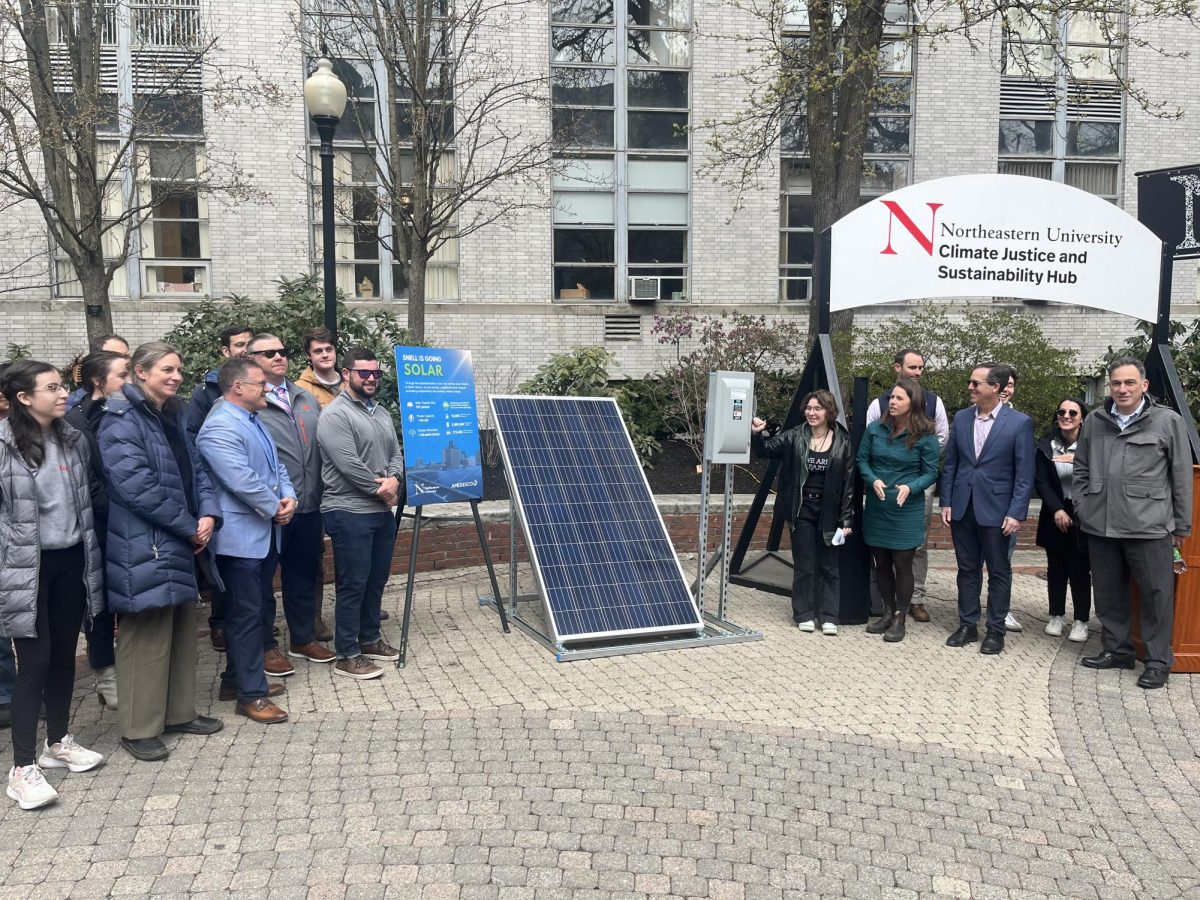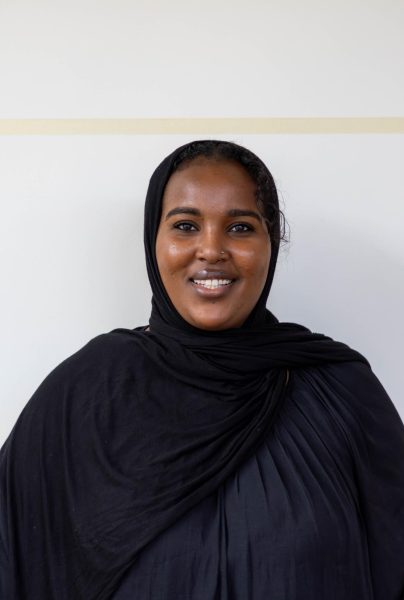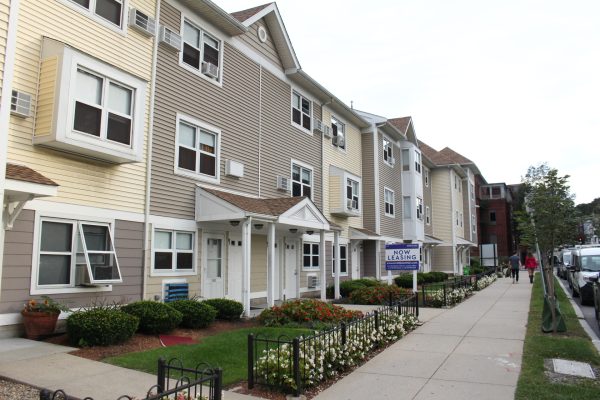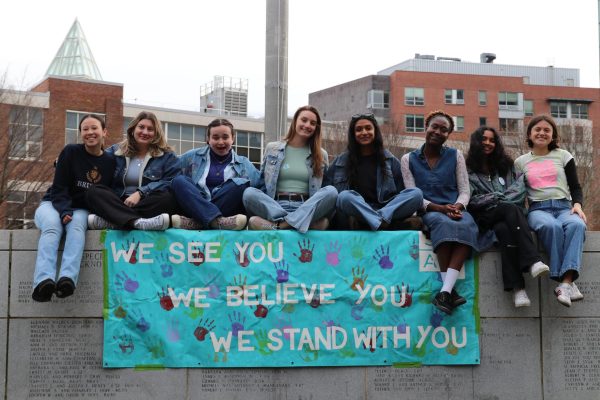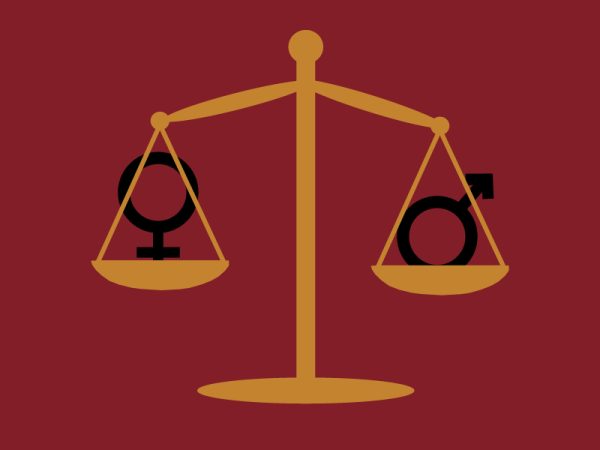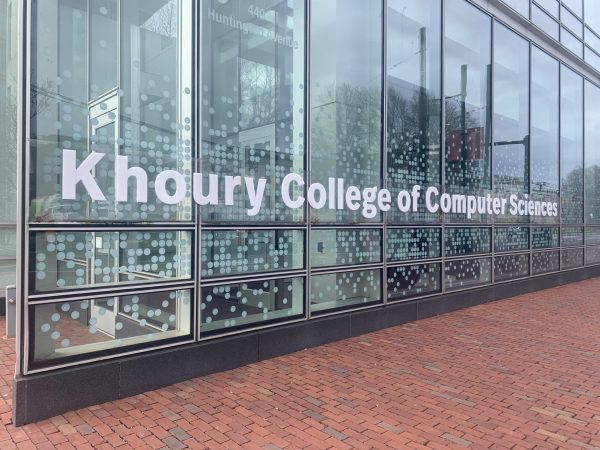UTSAV promotes community, understanding and celebration of South Asian culture
UTSAV members at an event during the Fall 2019 semester.
December 2, 2020
Northeastern student organization UTSAV — named after the Sanskrit word for “festival” — celebrates the cultural traditions of Pakistan, Bangladesh, Nepal, Sri Lanka, Bhutan and India and empowers students of all South Asian backgrounds to connect with their heritage.
“The primary mission of UTSAV is to create a community for South Asians,” said Niyati Parikh, a third-year physical therapy major and co-president of UTSAV. “It’s really easy to get lost without a sense of culture.”
While UTSAV promotes the understanding and celebration of South Asian culture, the club also provides a supportive, tight-knit community for students.
“It’s a great place to meet people and jump off and get other connections because it’s not just about culture,” said Pranav Olety, a third-year economics major and co-president of UTSAV. “Culture is the one thing that we all celebrate, but we tend to find some of our closest friends through other shared interests that we come to learn about as we interact.”
UTSAV has taken a special interest in involving freshmen in campus life by offering the program JUMP, or Junior UTSAV Mentorship Program, which provides support to students new to campus.
“It’s a really great way to integrate the freshmen,” said Shagun Prabhu, a second-year behavioral neuroscience major and secretary of UTSAV. “We thought it was especially important this year considering the circumstances.”
During a typical year without restrictions on in-person events, UTSAV hosts the annual Dance 4 Me event, which is one of the largest fundraisers on campus.
“Dance 4 Me is bringing all these cultural organizations together in a community where they can show their specific style of dance as well as have some friendly competition with each other,” Parikh said.
While COVID-19 regulations threaten students’ sense of community on campus, UTSAV has taken measures to help students through these isolating times.
“We kept our organization alive during the summer, and we kept our members engaged with one another,” said Salima Amiji, a second-year pharmacy major and co-social media chair of UTSAV. “We hosted movie nights and game nights as well as paint nights to make sure that our members who have been involved in this club for years are still actively engaged.”
UTSAV recently hosted a virtual language night that gave students the opportunity to learn phrases in Spanish, Tamil, Hindi, Gujarati, Tagalog, Cantonese, Mandarin, Bengali and American Sign Language. Participating students were sent to a different breakout room for each language where they were able to learn both basic and culturally distinctive phrases.
“Because there are so many languages in South Asia that not many people know, we decided to figure out a way to share our specific cultures,” Parikh said. “The teachers will stay in breakout rooms and we’ll rotate people in and out so that everyone can learn the different languages.”
UTSAV can provide a home for students struggling to find a sense of belonging on campus.
“I came from N.U.in and I was the only person of color, I believe, in my building besides the staff, so I was very isolated — very lonely,” Olety said. “I started coming to a few events and joined the JUMP mentorship program, made a lot of friends and joined e-board that following year.”
Amiji similarly found community in UTSAV.
“The first thing I knew I wanted to gain out of my college experience was to grow more within my own culture and my own values,” Amiji said. “I knew UTSAV would be the perfect home for me.”
While celebrating South Asian culture, students involved in UTSAV are also immersed in a supportive environment that embraces individuality and introspection.
“If you feel like you belong somewhere, if you feel like you have a home, have a place you feel comfortable in your sense of identity, then you can project confidence because you feel safe,” Olety said.


